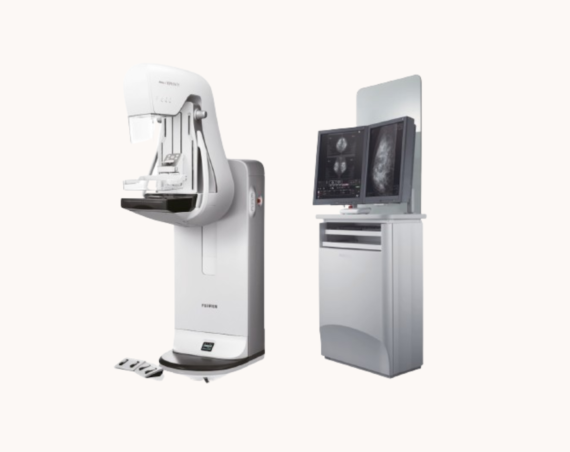
The following guest post was written by Rosy Founder & CEO Lyndsey Harper, MD. Dr. Harper created the first-of-its-kind platform out of frustration, when she couldn’t find a modern and accessible resource to help her patients. Rosy is a resource to connect the 84 million women in the US with sexual problems with hope, community, and research-backed solutions to improve their lives. Dr. Harper completed her Ob/Gyn residency in 2011 at Baylor Scott & White Health in Dallas, Texas, saw patients in private practice for seven years, and is now a hospitalist. Dr. Harper is Associate Professor of Ob/Gyn for Texas A&M College of Medicine, a Fellow of The American Congress of Obstetricians and Gynecologists, and a Fellow of the International Society for the Study of Women’s Sexual Health.
I’m an OB/GYN and the CEO & founder of Rosy, a freemium app that offers personalized solutions for sexual wellness. Our research-backed offerings span a woman’s entire lifespan, from menstruation through menopause and beyond.
Unlike men, the 43% of women who suffer with a sexual problem are faced with lack of resources about these private and extremely important issues. We aim to erase the shame and isolation that these women experience and fill that silence with evidence-based interventions and a supportive community in a private and convenient way.
I firmly believe that using technology to bridge the gaps in care is the solution these women and their providers have been searching for. Rosy’s accessible, customizable offerings revolutionize the way women and their providers think about, talk about, and treat women’s sexual problems. And while some of our services overlap, there are other complementary offerings emerging in the space, including audio erotica-focused apps like Dipsea and Ferly and membership-based healthcare offerings like Tia.
We’re proud that over the past three years, Rosy has become home to the nation’s largest network of healthcare professionals that support women’s sexual health by focusing on getting the right information into the right hands, exactly when it’s needed. 8% of the nation’s OB/GYNs now refer their patients to Rosy, and we serve over 150,000 women.
In addition to supporting women and their doctors in finding solutions for existing problems, we’re also excited about Rosy’s ability to educate and inform women about preventive care.
For example, last year, we collaborated with Roche Diagnostics via the Roche Creasphere Program to create and test an in-app series focused on encouraging cervical cancer education and screening. About 13,000 new cases of cervical cancer are diagnosed each year in the United States, and 4,000 women die of this cancer (a disproportionate number being women of color; ref: CDC).
Unfortunately, the COVID-19 pandemic led to a substantial reduction in preventive healthcare, including HPV vaccinations and cervical cancer screenings –– making this an urgent area of focus for the medical community.
Given our aligned missions to improve the health of women, Rosy and Roche partnered to investigate the effectiveness of the Rosy platform as an educational intervention and tool to improve healthcare behavior. The overarching goal was to increase the number of women who undergo cervical cancer screening and decrease the number of future cases of late-stage cervical cancer.
At the conclusion of data collection, we observed the following:
- The Rosy module increased understanding of HPV and cervical cancer by an average of 62% across all age groups
- The Rosy module increased intent to discuss screening with providers by an average of 45% in all age groups –– moving more than 800 women into a higher level of intention to discuss screening with their provider
We were pleased with these initial findings, which demonstrated that women felt comfortable using an app like Rosy as a tool to learn more about approaching their health more proactively. With continued scale, these opportunities have the ability to change not only the health of individuals, but also the health of larger populations of women.
As a physician, I believe that healthcare’s evolution will involve incorporating digital tools to better equip women to thrive outside of the doctor’s office.



